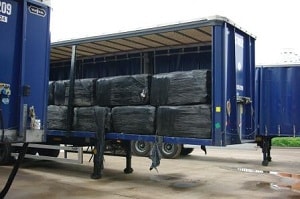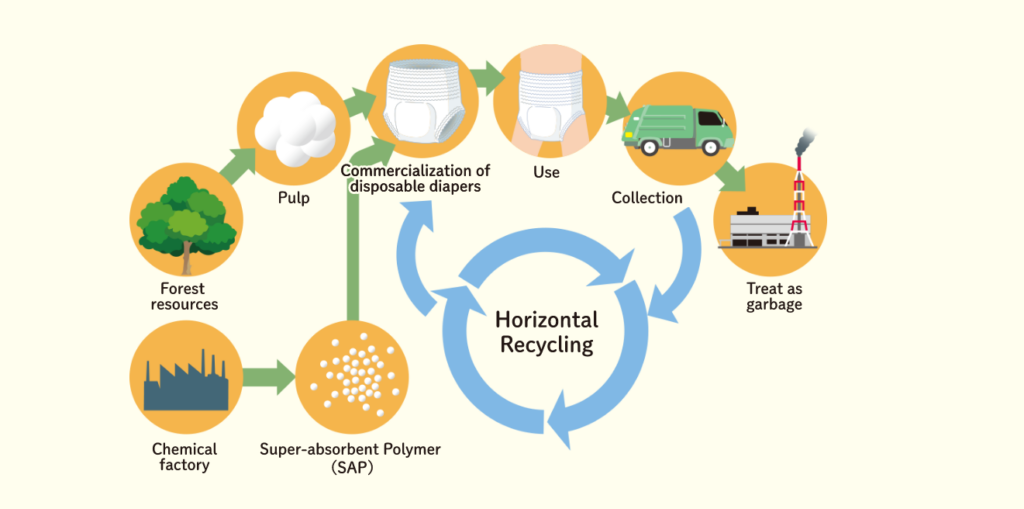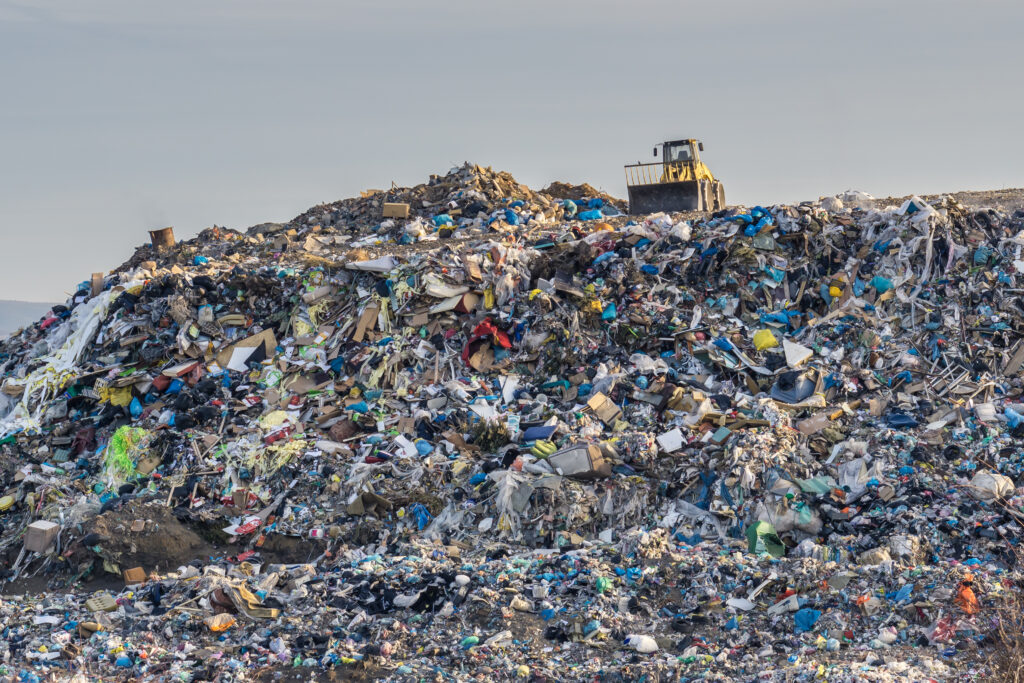The report ‘RDF Exports: Here for Good?’ considers the future of the market for combustible waste material up to 2025.

Its publication comes just days after the release of final data for 2014, which shows that a total of 2.37 million tonnes of RDF were exported to Europe from England and Wales throughout the year (see letsrecycle.com story). Tolvik claims that demand is unlikely to rise much beyond 2.5 million tonnes per year.
Summarising the findings of the report, the consultancy firm stated: “The single most significant factor with the potential to influence the market is the rate at which existing incineration capacity is decommissioned. At one extreme the report estimates that if all incinerators over 36 years of age in 2020 were to be decommissioned then the projected overcapacity in these markets would disappear; at the other the figure is 48 years. This is relevant as the design life of an incinerator is typically around 40 years.
“In the UK, it is projected on the basis of current trends that at least 8Mt of Combustible Waste will continue to either be landfilled or exported as RDF. The UK will continue to remain a market for RDF exports but it is unlikely that on a sustained basis volumes will rise to much above the current level of 2.5Mt per annum.”
Export
Tolvik adds that it is unlikely that significant volumes of RDF will be exported from nations such as Italy, Poland and other new EU states which have traditionally favoured landfilling waste.
The report also notes that the energy efficiency of Swedish incinerators means that they have a €30/t gate fee advantage over incinerators in the Netherlands and Germany, offsetting the additional RDF transport costs from the UK to Sweden.
While export of RDF has continued to rise over consecutive years, some believe that the export of waste derived fuels to energy from waste (EfW) facilities should only be seen as a medium term solution, and will give the UK time to increase its EfW capacity.










Subscribe for free